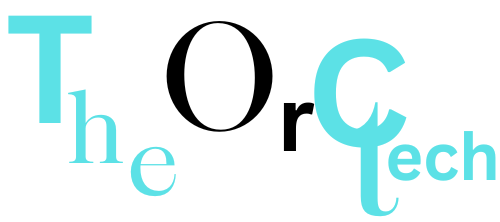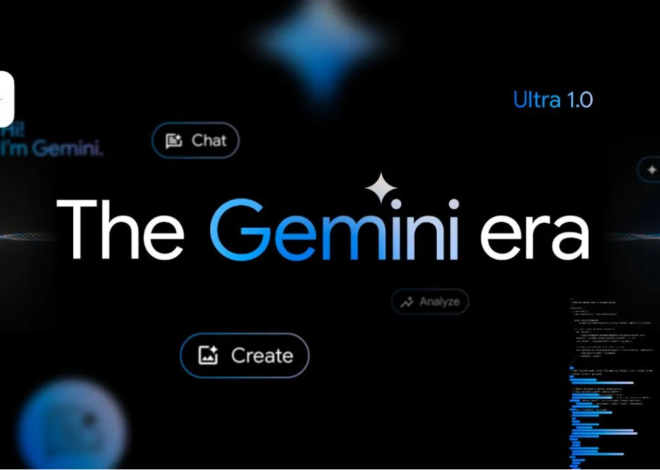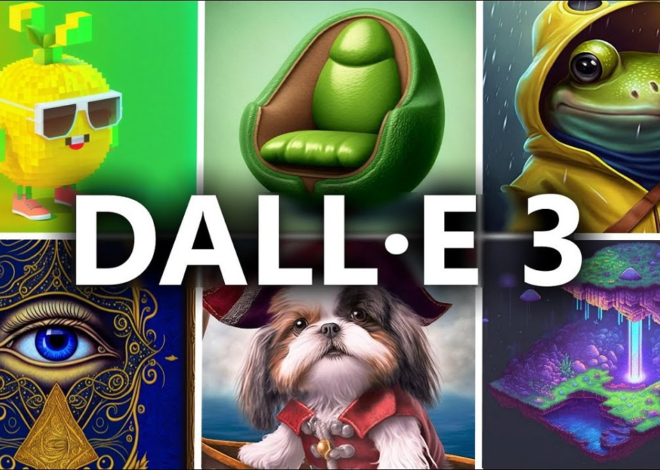
Snapchat: Snap AI chatbot ‘may risk children’s privacy’
Snapchat’s AI chatbot may pose a privacy risk to children, says UK watchdog
London: The UK’s data watchdog stated on Friday that Snapchat may not have adequately evaluated the privacy risks to children posed by its artificial intelligence chatbot. The watchdog mentioned that it will review the company’s response before making a final decision on enforcement actions.
The UK’s Information Commissioner’s Office (ICO) has issued a warning to Snapchat, stating that if the company doesn’t adequately address the concerns raised by the regulator, its recently launched artificial intelligence chatbot, “My AI,” could face a ban in the UK. The ICO’s preliminary investigation indicates a significant failure by Snap, Snapchat’s parent company, to properly identify and assess privacy risks for children and other users before the launch of “My AI,” which debuted in April.
However, it’s important to note that these findings do not automatically imply a breach of British data protection laws or guarantee the issuance of an enforcement notice, clarified the regulator. Snap responded by stating that they are reviewing the ICO’s notice and are committed to ensuring user privacy. According to a Snap spokesperson, “My AI” underwent a rigorous legal and privacy review process before its public release. The company expressed a willingness to collaborate with the ICO to address concerns related to its risk assessment procedures.

What is ‘My AI’?
The Information Commissioner’s Office (ICO) has expressed serious concerns about Snap’s AI chatbot, “My AI,” emphasizing a potential lack of proper evaluation regarding privacy risks to children and other users before its launch. According to preliminary findings, Snap may have failed to identify and assess these risks adequately. The ICO, emphasizing the importance of organizations weighing the risks associated with AI, issued a preliminary enforcement notice, indicating its intent to protect the privacy rights of UK consumers. In the event of significant breaches, the ICO has the authority to impose fines up to £17.5 million or 4% of a company’s annual worldwide turnover, whichever is higher.
Also Read | Microsoft Bing Chat: Now With DALL-E 3 AI Image Generator
“My AI” was introduced by Snap as an experimental and friendly chatbot, serving as a personal companion to Snapchat users. The feature, offering assistance in planning day trips and creating menus, sees more than two million daily chats on the app, as reported by Snap’s CEO, Evan Spiegel. Despite its popularity, Snap acknowledged that “My AI” might make mistakes, provide biased answers, or express uncertainty in responses, cautioning users not to rely entirely on its advice.
Snap has faced criticism regarding the clarity of its policies, particularly concerning whether the chatbot can access private information, such as location data. The company clarified that Snapchat can access a user’s location only if explicit consent is given. Additionally, concerns have been raised about young Snapchat users understanding the implications of data collection. The platform, emphasizing privacy as a fundamental value, highlighted its commitment to helping people visually communicate with friends and family while safeguarding their privacy.
Snap, in response to the ICO’s concerns, stated that “My AI” underwent a rigorous legal and privacy review before its public release. The company affirmed its dedication to user privacy and expressed its willingness to collaborate with the ICO. Snap will have an opportunity to address the regulator’s concerns before the ICO makes its final decision.
Also Read | Now you can use your voice to communicate with ChatGPT
The ICO’s investigation focuses on how “My AI” handles the personal data of Snapchat’s approximately 21 million users in the UK, including teenagers aged 13-17. Powered by OpenAI’s ChatGPT, “My AI” exemplifies generative AI technology, raising global concerns among policymakers regarding the need to regulate such systems due to privacy and safety considerations. Despite social media platforms, including Snapchat, setting a minimum age requirement of 13, they have faced challenges in effectively preventing underage users from accessing their services.













